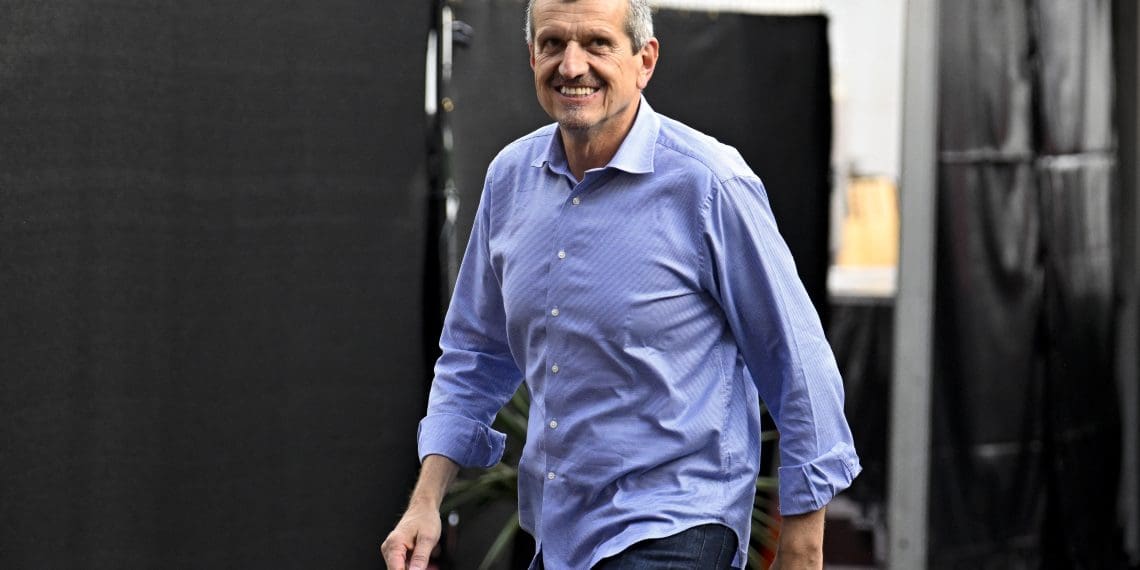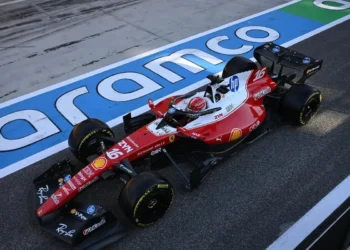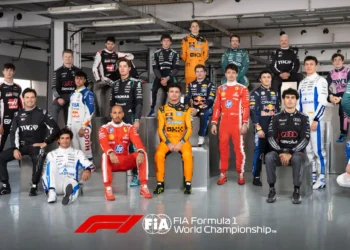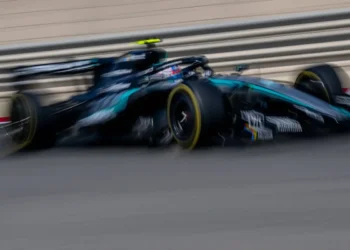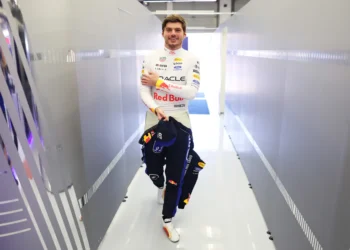Guenther Steiner, the fiery and outspoken former team principal of Haas, hasn’t held back in questioning the direction—or lack thereof—of the American Formula 1 team he helped build from the ground up. In a candid interview with Ouest-France, Steiner likened Haas’ approach to an “Olympic spirit,” prioritizing participation over ambition, a mindset he claims ultimately clashed with his own competitive nature.
A Fractured Partnership: Ambition vs. Complacency
Steiner, who led Haas from its inception in 2014 until his departure in January 2024, revealed that his exit was the result of diverging philosophies between himself and team owner Gene Haas. While Steiner envisioned Haas climbing the F1 ranks and challenging its midfield rivals, he accused the team’s leadership of being content with mediocrity.
“My feeling is that Mr. Haas is content to be in the second half of the standings and simply participate,” Steiner said. “I love the Olympic spirit, but that’s not me. I want to compete with others because I’m a competitor.”
Steiner’s frustrations were fueled by years of operating with one of the smallest budgets on the grid, constantly being forced to “do more with less” as rival teams expanded their resources. According to Steiner, this lack of investment left Haas perpetually lagging behind.
Regrets? Not Exactly. But Lessons Learned
While Steiner stopped short of expressing outright regret, he admitted that with hindsight, he might have left Haas earlier.
“Maybe with what I know now, I would have left the team in 2022. We weren’t going anywhere,” Steiner confessed. “But I always gave it my all, and in that tunnel, you don’t necessarily see that you’re going nowhere.”
Despite Steiner’s blunt criticism, Haas made modest gains in 2024, finishing seventh in the Constructors’ Championship with 58 points—46 more than the previous year. Yet, the former team principal remains unconvinced that the team’s progress is sustainable under its current philosophy.
A New Era for Haas: Toyota Partnership and Fresh Talent
Haas is banking on a brighter future with a slew of significant changes for the 2025 season. Among the most notable is the team’s technical partnership with Toyota Gazoo Racing, marking the Japanese giant’s return to F1 after a 15-year hiatus. The collaboration aims to bolster Haas’ development program with improved simulator technology and Testing of Previous Car (TPC) systems, offering a glimmer of hope that the team could finally break into consistent point-scoring territory.
Haas will also field an overhauled driver lineup, pairing experienced Grand Prix winner Esteban Ocon with 18-year-old Ferrari Academy prospect Oliver Bearman. Bearman, who impressed with a point-scoring performance in Baku during a one-off appearance, represents Haas’ commitment to nurturing young talent alongside proven expertise.
The Shadow of Steiner’s Criticism
While Haas has taken steps to evolve, Steiner’s critique casts a long shadow over the team’s efforts. His comments raise a broader question about what it takes to thrive in F1’s fiercely competitive environment: Is it enough to survive, or must a team dare to dream bigger?
For Steiner, the answer is clear. His departure was as much a statement as it was a career move, signaling his unwillingness to settle for a team that prioritizes participation over podiums. As Haas looks to its Toyota partnership and fresh driver talent to reignite its fortunes, the team must decide whether it’s ready to embrace the ambition Steiner once championed—or remain content in the back half of the grid.
“From the Pit Wall to the Commentator’s Booth: Steiner’s New Role”
Since leaving Haas, Steiner has transitioned into a media commentator role, where his no-nonsense style has made him a go-to voice on F1 matters. With his sharp insights and brutal honesty, Steiner continues to stir the pot, ensuring his influence in the sport remains as strong as ever—whether Haas likes it or not.

